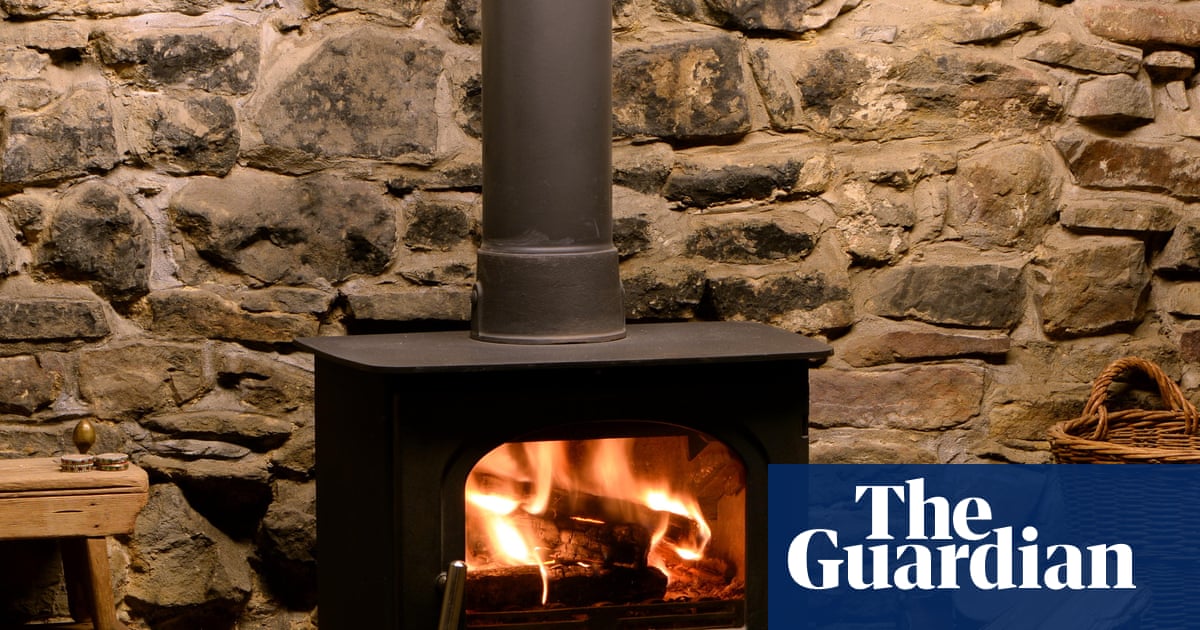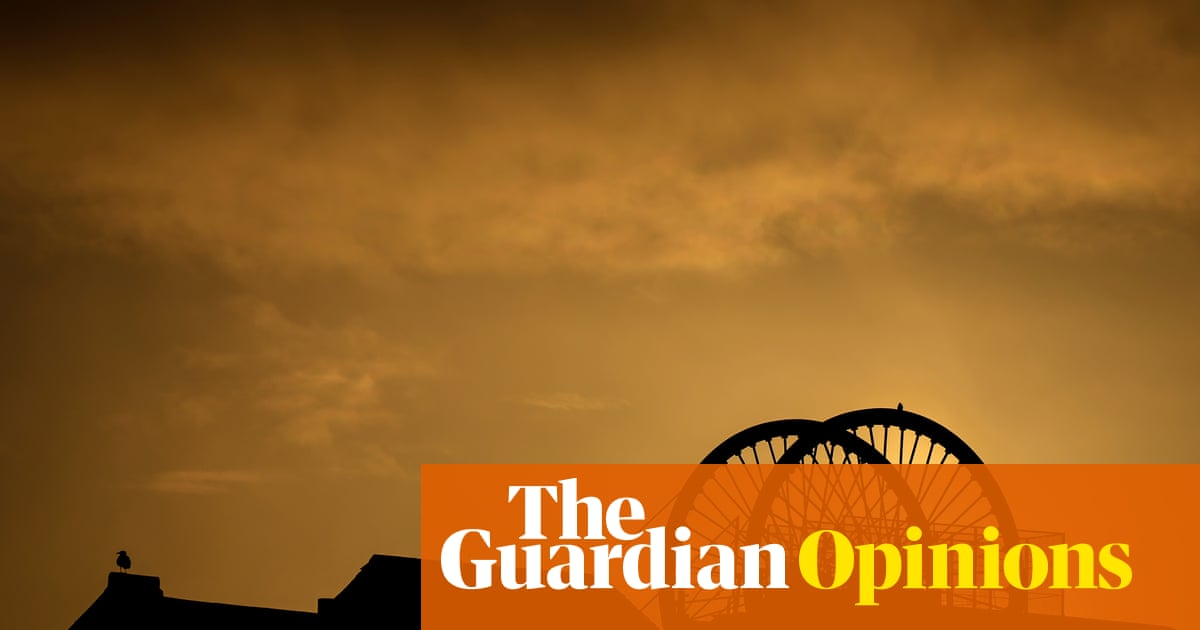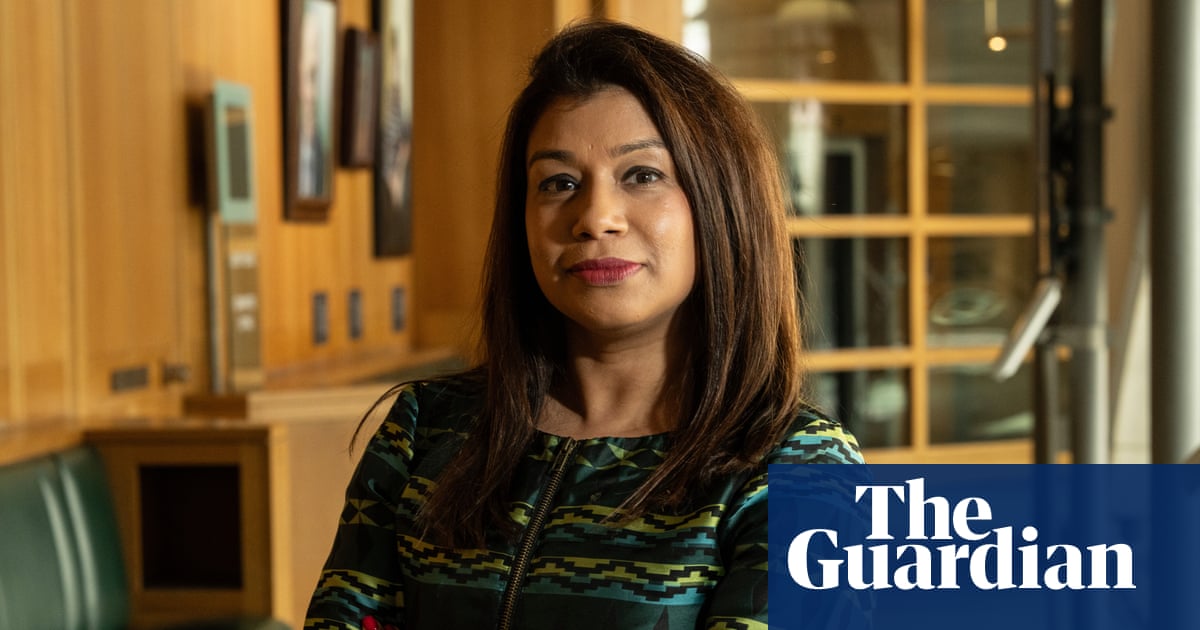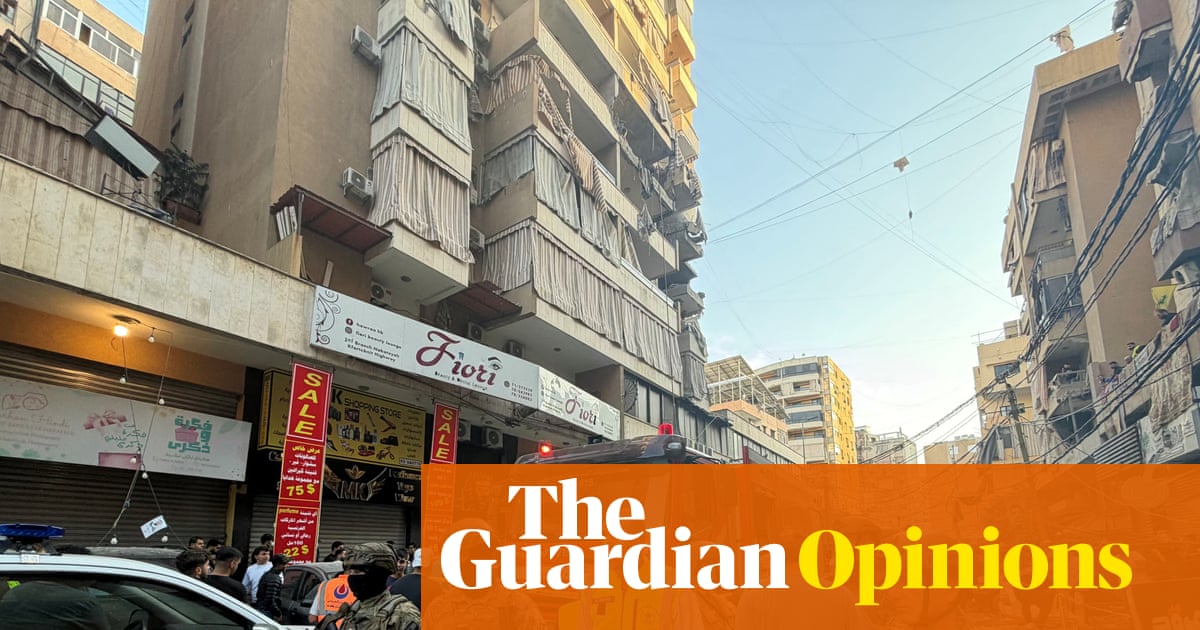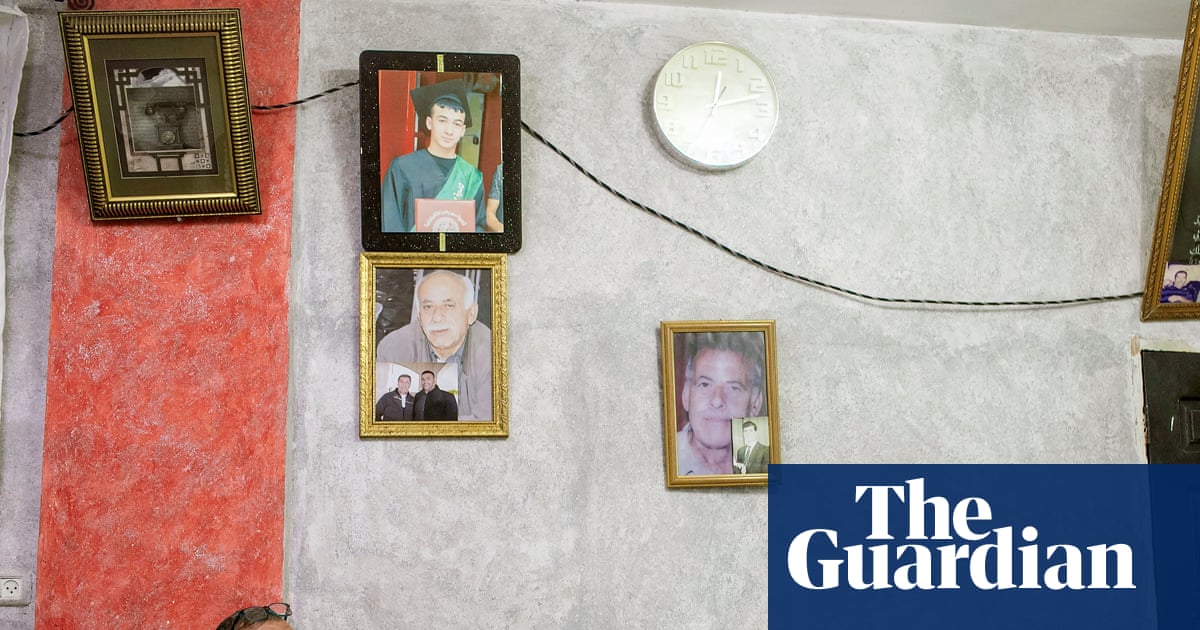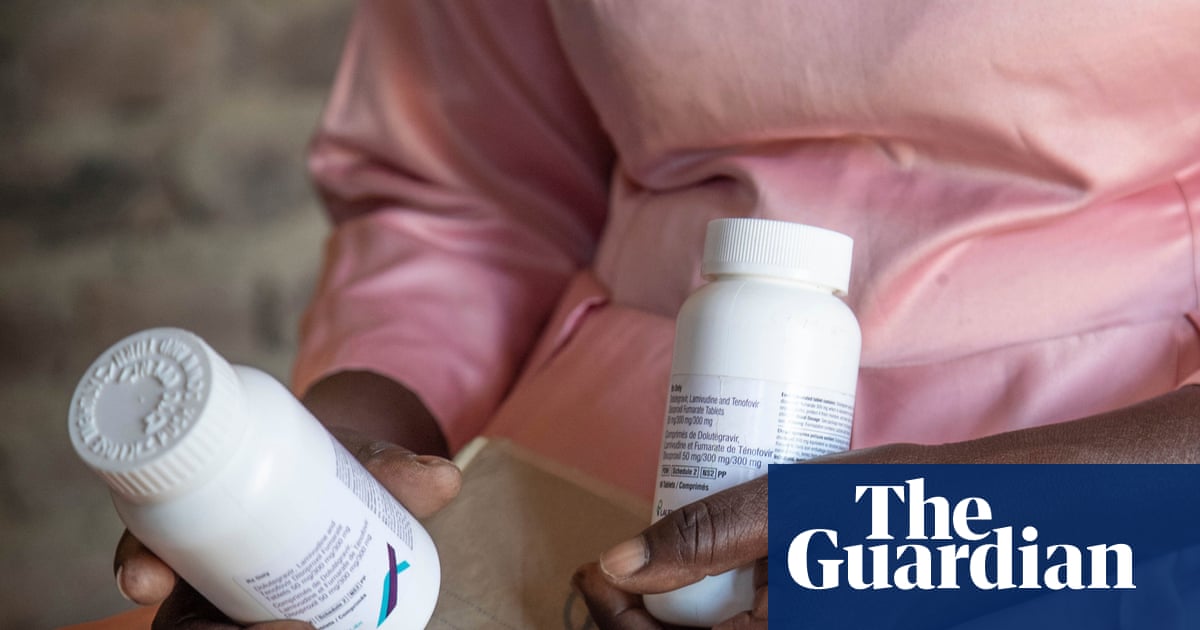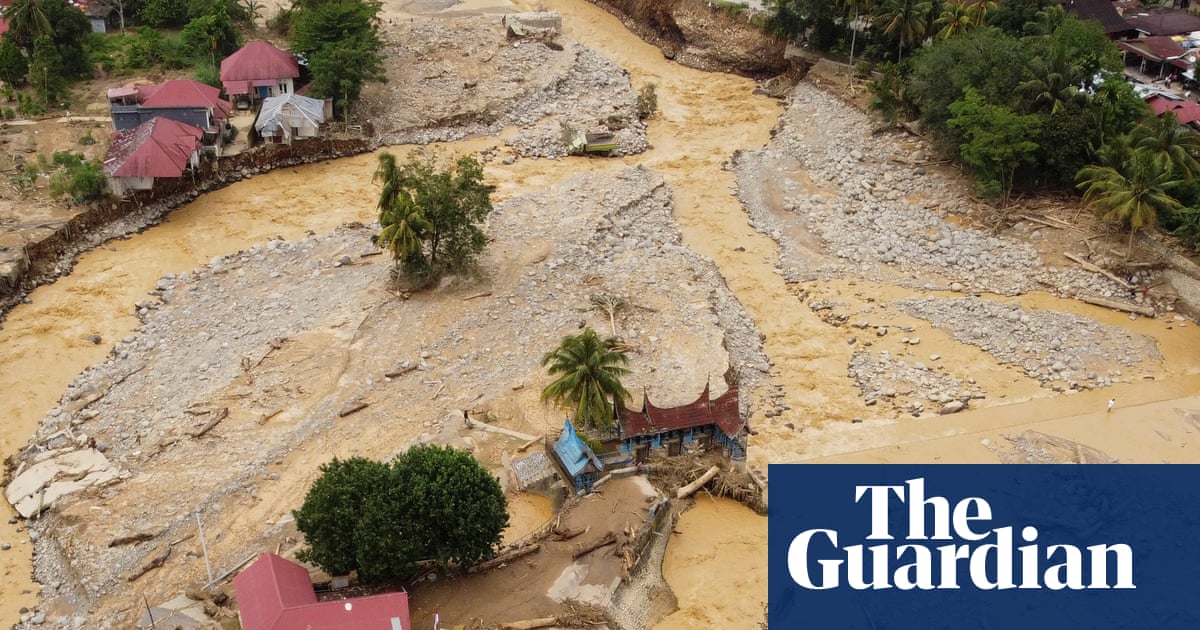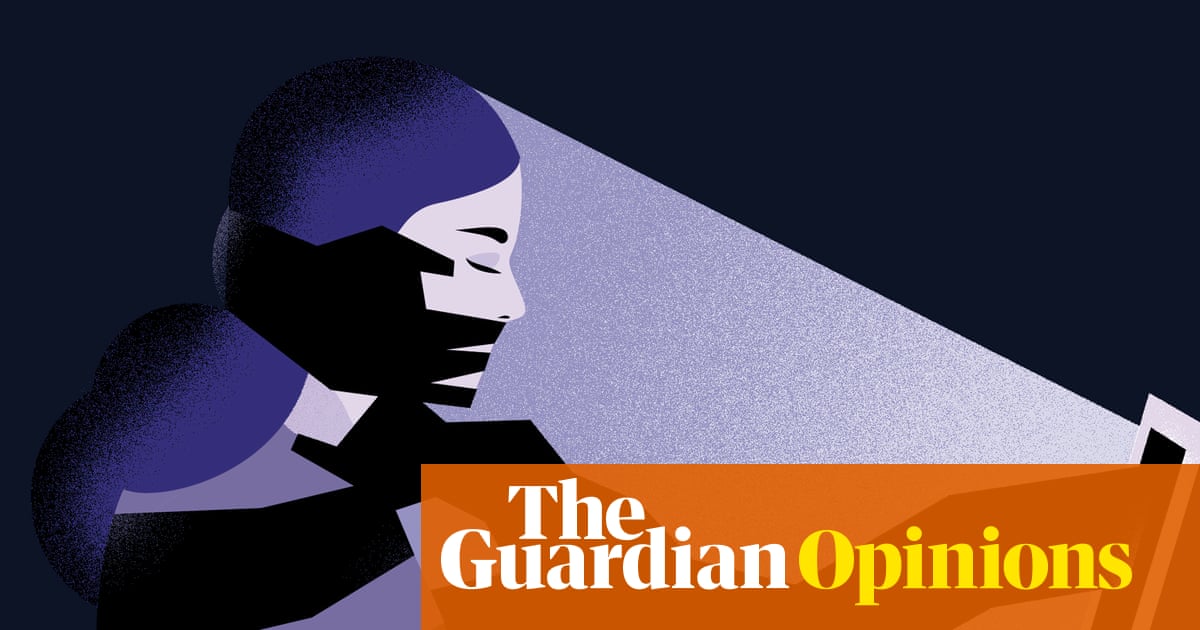If you had asked me as a teenager whether I saw my future in Morecambe, I’d have laughed you out of our faded seaside town. I’d been plotting my escape since I was 14. The sea was grey, the sand was treacherous and the wind was always messing up my hair. I was totally unmoved by the view across the bay of the Lake District fells.
It felt like half of the world was cut off. You could go left or right on the prom but never straight ahead, unless you wanted to end up stuck in mud waving frantically for the coastguard. A whole compass point was out of reach.
What is the Against the tide series?
ShowOver the next year, the Against the Tide project from the Guardian’s Seascape team will be reporting on the lives of young people in coastal communities across England and Wales.
Young people in many of England's coastal towns are disproportionately likely to face poverty, poor housing, lower educational attainment and employment opportunities than their peers in equivalent inland areas. In the most deprived coastal towns they can be left to struggle with crumbling and stripped-back public services and transport that limit their life choices.
For the next 12 months, accompanied by the documentary photographer Polly Braden, we will travel up and down the country to port towns, seaside resorts and former fishing villages to ask 16- to 25-year-olds to tell us about their lives and how they feel about the places they live.
By putting their voices at the front and centre of our reporting, we want to examine what kind of changes they need to build the futures they want for themselves.
This summer, 25 years after I left for good, I returned to talk to the young people living there now as part of the Guardian’s Against the tide project, examining gen Z lives by the sea in England.
All the research shows that life chances are drastically reduced if you grow up on the coast, which rather contradicts Morecambe’s motto: “Beauty surrounds and health abounds.”
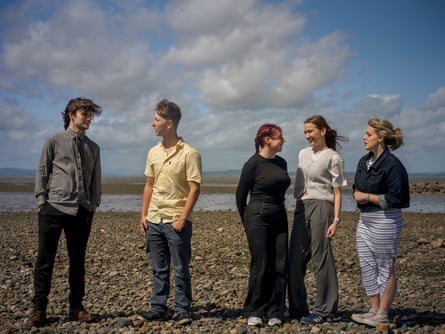
The truth is that bad health abounds. One in four people have a limiting, long-term illness or disability. People smoke and drink too much, and they are 20% more likely to be depressed than the national average. In Morecambe town centre, men have a healthy life expectancy of only 56 years and can expect to live to just 72.
Deprivation is at the heart of it all. My mother was a psychiatrist in Morecambe and often lamented that whatever she prescribed, she could not make poor people rich.
Life can be tough for many of Morecambe’s young people, too. Take Eleanor Adamson, a bright and funny 22-year-old carer who spent some of her teenage years living in the Forum, a homeless hostel on the promenade – a completely unsuitable place for a child trying to get to sixth form each morning.
Eleanor thinks Morecambe is beautiful, particularly the Lakeland views that left me so cold as a teenager. Yet her eyes widen when I tell her what has disappeared in Morecambe since I was her age: a wild west-themed amusement park called Frontierland, an indoor-outdoor pool with slides called Bubbles, and a music venue on the prom called the Superdome.
My first proper gig was there, at what became renamed the Dome, to see Blur in the mid-90s. She can hardly believe it: “No way. They came to Morecambe? Wow, imagine that.
“I would love for there to be a music venue,” she says. “I think it would just get the whole community buzzing. Things to look forward to are so important.”

Now, though, there is nothing to do for teenagers, she says, except go to the park and “try to meet fit lads from the grammar”.
I go back to my old school, a comprehensive one block from the prom now called Morecambe Bay Academy. When I was there, I was largely oblivious to the challenges of many of my classmates, even though I knew some lived in caravans or B&Bs.
Now, the sixth formers I spoke to are more aware of how many of their classmates struggle. These days, almost 40% of all pupils at Morecambe Bay Academy are eligible for free school meals and a third have special educational needs – far higher than the average across England. And although results are improving, only 46% of children got the equivalent of a C or above in GCSE English and maths last year, far lower than the national average of 65.1%.
“There’s a lot of poverty-stricken families and food banks and food clubs,” says Imogen, who moved to Morecambe a few years ago from Nottingham. The school recently started a “preloved uniform” sale, offering trousers and coats for £3.
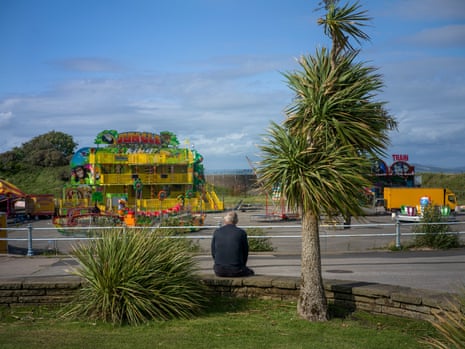
The 17-year-olds I interviewed were also clear-eyed about the decline the town is experiencing. “I’ve lived here all my life and a lot has changed in Morecambe. And the change really is that things have disappeared rather than appeared,” says Eve.
When I ask them what they do for fun now, one of the replies was “walk up and down the prom and maybe pop into Aldi”.
Florence thinks Morecambe does not get its fair share of government funding. “We don’t have anywhere to go because no one funds it,” she says.
Sitting across from her, Lucas thinks that young people are neglected by those in charge, with politicians putting too much focus on trying to lure tourists back. “They need to think about the locals, because there’s actual people living here. It’s not just a destination,” he says.
The teenagers are all aware of what many in Morecambe are pinning their future hopes on: the Eden Project, a £100m eco-tourist attraction earmarked for the seafront, which promises to “reimagine the seaside resort for the 21st century”. This will be the salty northern sister to the Eden Project in Cornwall, with a shell-shaped biodome surrounded by interconnected gardens.
Though the Guardian first reported on Eden North in 2018, shovels are not yet in the ground seven years later. Matthew thinks it will be good when it finally arrives. “It would open a lot of jobs for local people,” he says, “and it could be a good push for Morecambe to start getting more funding to fix some of the problems that are already here.”
Eve is more sceptical: “It seems that we are disregarded and nobody cares really what’s happening around here. If the government really did care about places like Morecambe, which are filled with specific types of wildlife that you don’t find anywhere else and beautiful beaches and sunsets, why the hell isn’t the Eden Project here yet when they’ve been promising it since, what, 2018?”
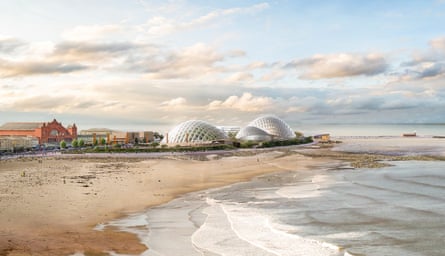
To be fair, Rishi Sunak’s government did chip in £50m, and Eden’s management say construction will begin later this year, with the doors finally opening in autumn 2028.
But what, beyond Eden, do local leaders have to offer young people in Morecambe? I go to ask Russell Walsh, another former pupil of Morecambe Bay Academy, who in May became one of 53 Reform councillors elected to Lancashire county council. Reform UK now runs the local authority and is therefore in charge of youth services.
Walsh accepts the teenagers’ diagnosis that Morecambe has become a place where things close, rather than open. But when I ask him what Reform have to offer them instead, he seems stumped. “That’s a very good question,” he admits.
“I mean we’re definitely pro-development; we’re in favour of Eden and we’re looking on with interest at what’s going to happen to Frontierland. And specifically for young people … do you know what, I’m not actually too sure.”
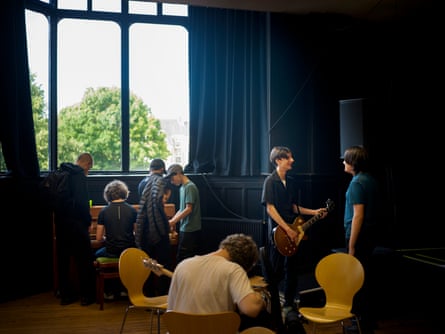
I tell him that I have been looking at his social media and he seems focused mostly on opposing a local housing development and filling in potholes; I could see nothing aimed specifically at young people.
“You’re right,” he says. “You’ve caught me out.” He says it’s “just something else which I need to turn around and put on the list for us definitely to attack”.
I hope that all the Reform councillors pop in and see what is happening at More Music in Morecambe’s West End. When I visit, it is youth night, with teenagers creating bands in every corner of the former music hall. My favourite is Linus and the Zits – three boys from eastern European families, dreaming of becoming international rock stars with their Weezer-inspired jams.
Leroy Lupton, one of the leaders at More Music, says Morecambe can feel disconnected from the rest of the country, and “left behind” compared with Liverpool and Manchester, the two nearest big cities.
“I often think it has echoes of happiness,” he says, “because I think with a few of the seaside towns, they used to be holiday destinations, and since people started going abroad, they kind of got left in the dirt and forgotten about.”
That is why places such as More Music are so important, Lupton says. “Maybe I’m being a bit romantic about it,” he adds, “but it feels like a beacon, like a ray of light.”

 3 months ago
36
3 months ago
36



